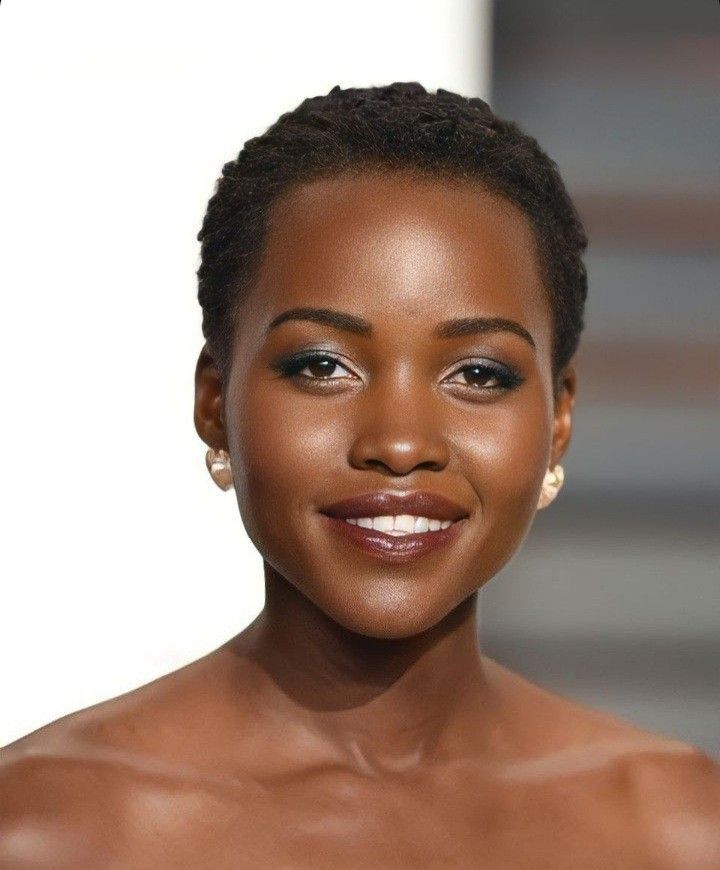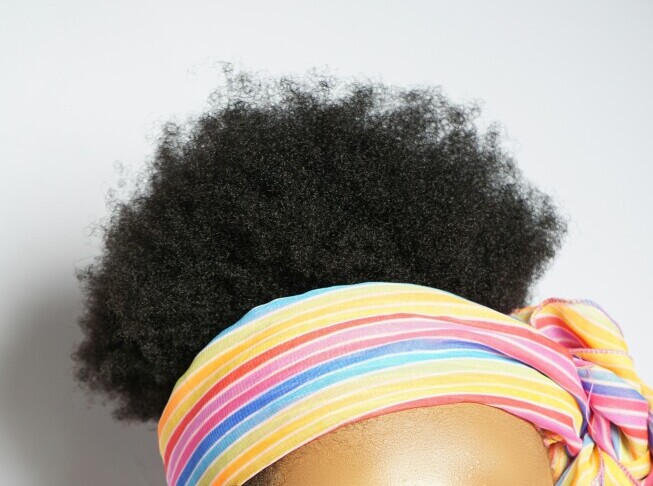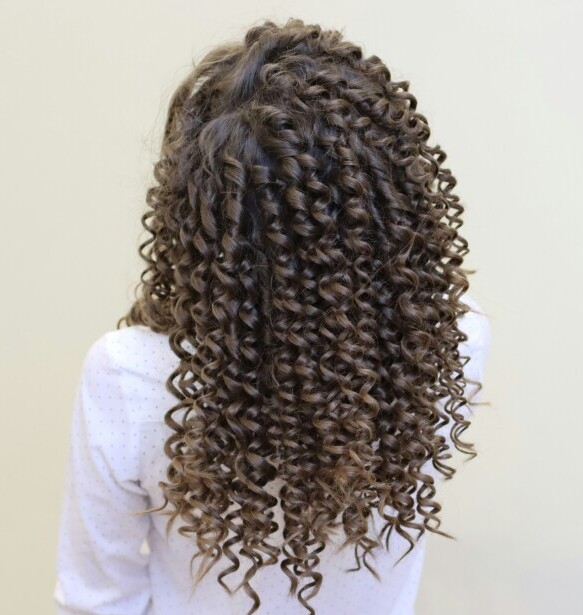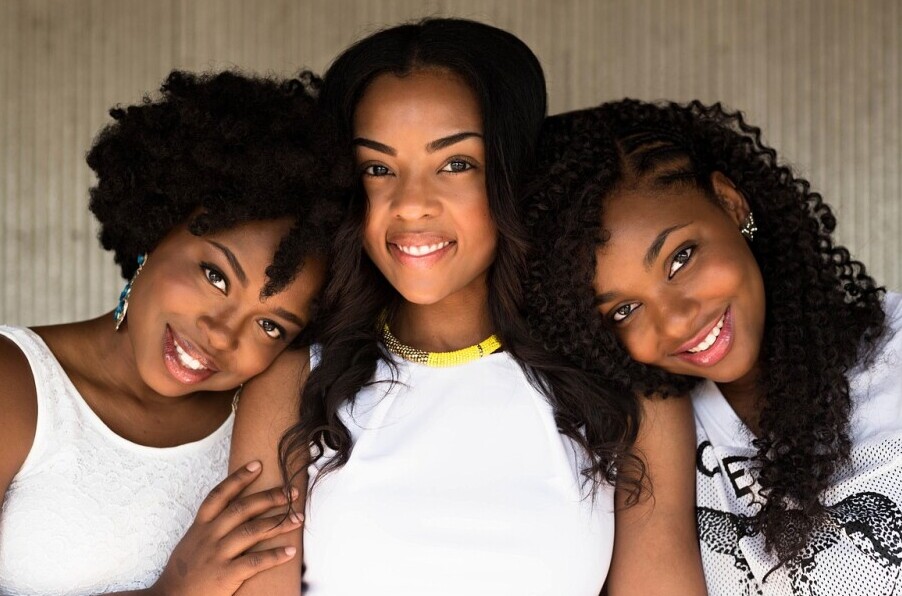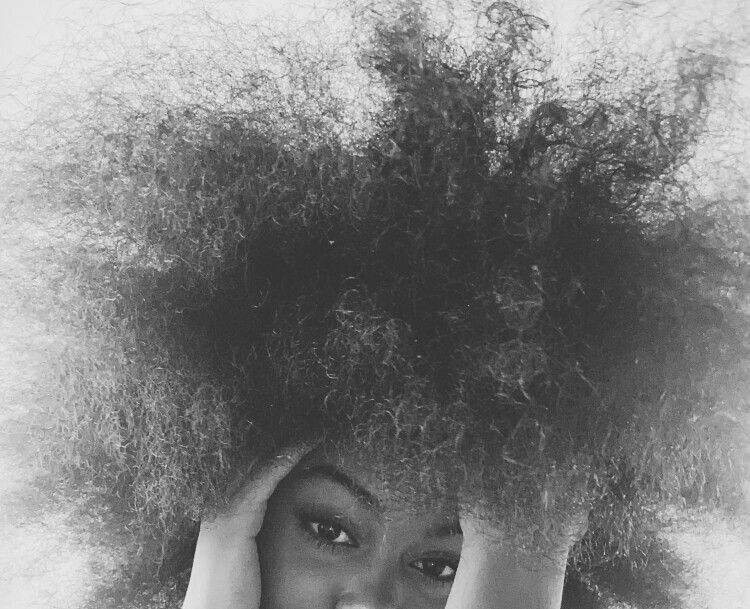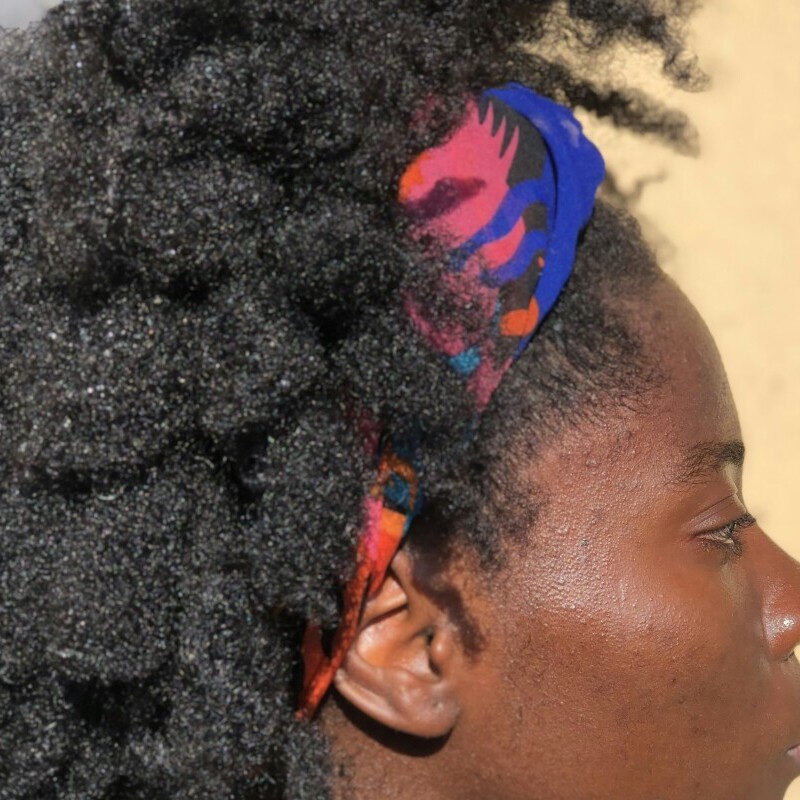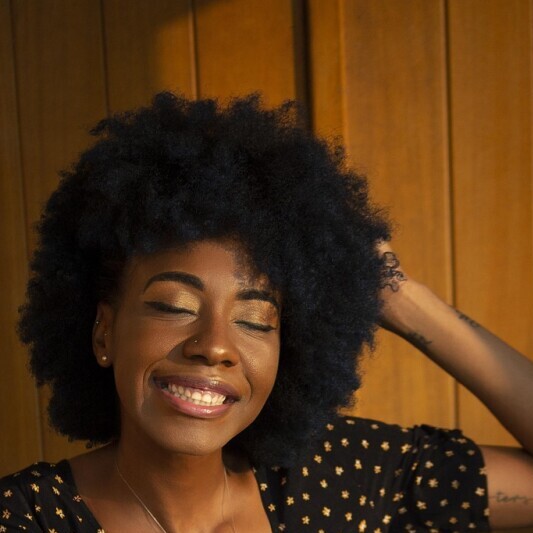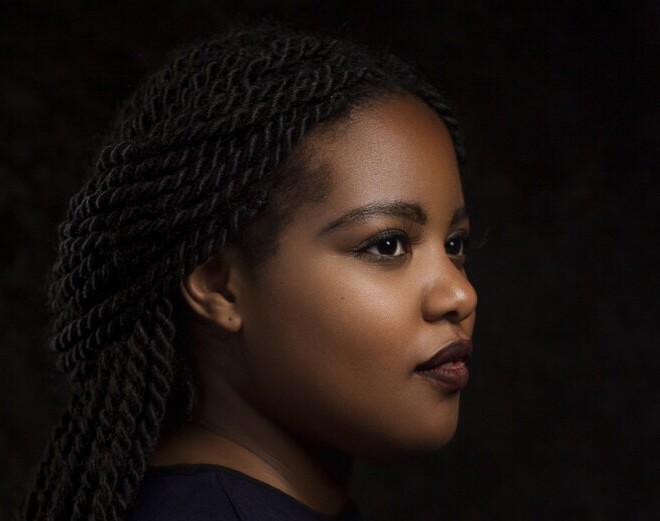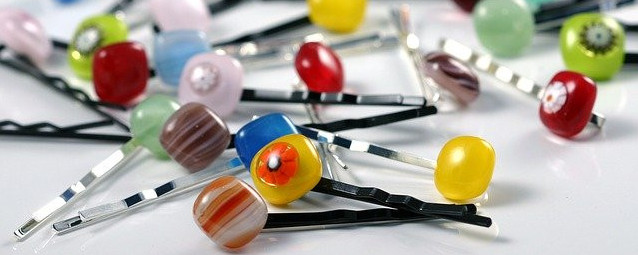-

Rainy Season Hair Survival: How To Keep Your 4C Hair Thriving During Nairobi Rains
Ever step outside on a crisp Nairobi morning, hair on fleek, only to find it transformed into a frizzy mess by the time you hit the office? You’re not alone. Rain and humidity can be a real enemy for natural hair, especially the 4C type, and understanding why is the first step to managing it.…
